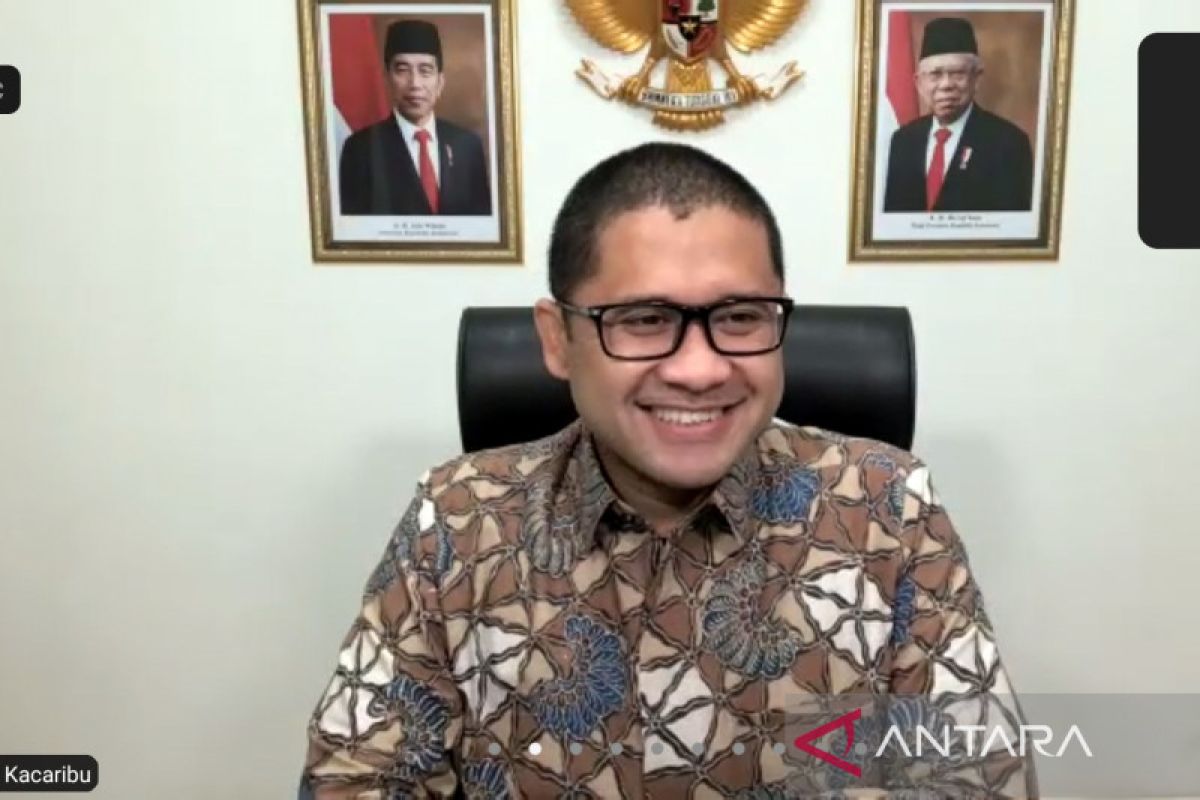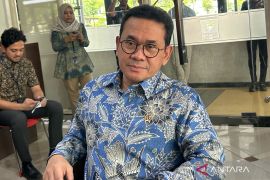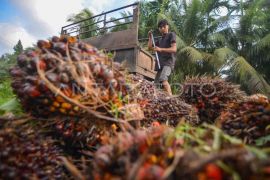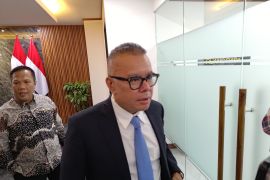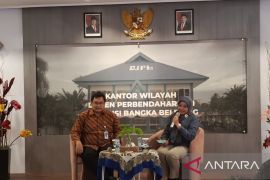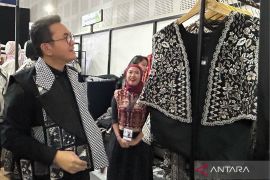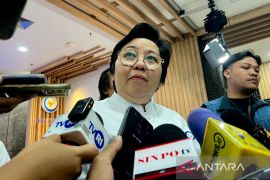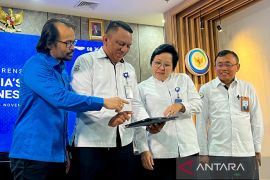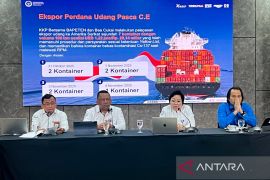Going forward, export performance is expected to remain strong, supported by high demand and pricesJakarta (ANTARA) - Head of the Fiscal Policy Agency of the Ministry of Finance, Febrio Kacaribu, had projected export performance to continue to grow in the future.
"Going forward, export performance is expected to remain strong, supported by high demand and prices," Kacaribu noted in an official statement, Wednesday.
In January 2022, exports grew by 25.31 percent year-on-year, or US$19.16 billion, amid increasing risks and moderation of economic growth and global trade.
Although growth slowed as compared to December 2021 due to seasonal factors, exports that continued to grow strongly indicated that the outbreak of the Omicron variant did not have a significant impact on production and export activities.
Meanwhile, import performance in January 2022 recorded a growth of 36.77 percent year-on-year, or US$18.23 billion, which reflects that domestic consumption and production activities continued to show recovery.
"Import performance in 2022 is estimated to increase in line with continued stronger economic recovery," Kacaribu remarked.
Related news: Downstreaming to strengthen exports of processed goods: minister
Judging from the type of use, imports of capital goods experienced the highest growth of 41.94 percent year-on-year, followed by imports of raw or auxiliary materials that grew by 39.57 percent year-on-year, and imports of consumer goods that grew at 10.25 percent year-on-year.
“The increase in imports of raw materials and capital goods reflects the continued increase in domestic industrial activity both to meet the demands of the domestic and export markets. Meanwhile, the increase in imports of consumer goods reflects the recovery in domestic consumption activities and the people's purchasing power,” Kacaribu remarked.
The trade balance surplus continued in January 2022, amounting to US$0.93 billion, thereby resulting in Indonesia having recorded a trade balance surplus for 21 consecutive months.
The government will continue to anticipate various risks to the global economy that can likely affect the performance of Indonesia's trade balance.
"The government will also continue to strive to overcome various structural obstacles faced by the sector, such as improving logistics through accelerating infrastructure development, simplifying various permits and licenses, strengthening the National Logistic Ecosystem (NLE), as well as providing various facilities, such as Bonded Zone facilities (KB) and Ease of Imports for Export Purposes (KITE), and development of Special Economic Zones (KEK)," he remarked.
Consistent downstreaming will help strengthen the exports of industrially processed goods and reduce the dominance of oil and gas exports, Trade Minister Muhammad Lutfi earlier stated.
"We export 76.49 percent of the industry-processed products. This will be bigger in the future, as oil and gas (goods) would be reduced in proportion," the minister remarked.
In the category of industrially processed products, electronics, steel, and automotives are currently Indonesia's top exports, he noted.
Indonesia holds potential to become a country with a strong iron and steel processing industry, he affirmed.
"When I was leaving the BKPM (the Investment Coordinating Board), we were still negotiating to export iron and steel worth US$2 billion. At that time, there was an attempt to downstream nickel," Lutfi recalled.
The minister also lauded the entry of Indonesian steel and iron commodities in the Chinese market. This means they can also reach other countries, such as those in Europe and Africa, he explained.
Hence, Indonesia requires a great trade agreement that allows it to sell steel products, Lutfi emphasized.
Related news: President officiates first car export to Australia
Related news: Indonesia's halal export potential reaches US$3.6 billion
Related news: PT PPI launches first batch coffee export to Egypt
Translator: Sanya D, Azis Kurmala
Editor: Sri Haryati
Copyright © ANTARA 2022
